UP IHR conducts RTD on EJK, hosts Harvard Law School interns
The University of the Philippines Law Center Institute of Human Rights (U.P. IHR), in collaboration with the Anti-Extrajudicial Killing Network, conducted a roundtable discussion (RTD) on the extrajudicial killings (EJK) prevention in the Philippines. The event was held at the 1st floor lecture room of Bocobo Hall, UP Law Center on January 24, 2019.
Titled “Coalition Building for the Prevention of Extrajudicial Killings,” the RTD was attended by families of victims of EJK, members of human rights-based non-governmental organizations, UP IHR research assistants and law students. U.P. IHR Director Prof. Elizabeth Aguiling-Pangalangan delivered the opening remarks for the event where she pointed out that there is no single and simple solution to the drug menace in the country and that it should be addressed from perspectives of law enforcement, global, health and economy.
Among those present were students from Harvard Law School for whom the U.P. IHR played host for the month of January. Zachary Gray, Daniel Cooper, and David Papas started their presentation with a brief historical overview of America’s war on drugs. Presently, while statistics show that drug use between black Americans and white Americans are almost the same, incarceration and arrests for the blacks are more common. While the interns stated that the drug legislation may seem targeted against the racial minorities, there is no clear data for the same, though the enforcement of the law would suggest otherwise. On the topic of police brutality, the interns noted that is no legislation that actually limits or restricts the use of force in policing activities. Most of what is known as “acceptable” use of force, come from jurisprudence, which show a highly liberal view of what is reasonable or excessive use of force, and overall, most police offenders have qualified immunity. Unfortunately, statistics show that indicted law officers are less likely to be convicted and incarcerated than civilians.
U.P. IHR was also able to showcase the current findings of one of its research undertakings. U.P. Research Assistant Ian Jonathan Villafuerte presented on the EJK situation in the Philippines, as well as the remedies available to families of victims. Villafuerte stressed that EJK is a gross human rights violation, and underscored the need for families of EJK victims to be given proper avenues for redress.
The forum and RTD opened the floor for the attending organizations to discuss their experiences as regards helping families of victims of EJK. A family
member of an actual EJK victim related her experiences and struggles with seeking justice for her husband while taking care of the rest of her family. Organizations also noted actions and steps that could be taken to address the EJK situation in the country. One recommendation was for journalists and investigators to closely monitor “notorious” police stations where numerous EJKs were documents. Another was to keep a list of missing individuals and track the progress of the investigation.
U.P. IHR Law Reform Specialist Atty. Raymond Marvic Baguilat closed the event by thanking the attendants, and stressing the importance stressing the importance of continued discussions to stimulate public awareness of the prevalence of EJK in the Philippines.

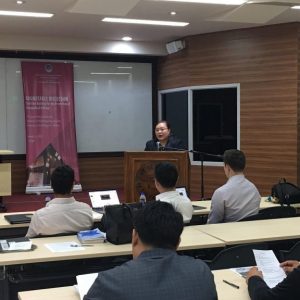
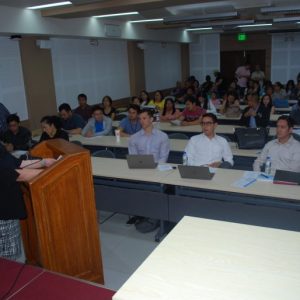
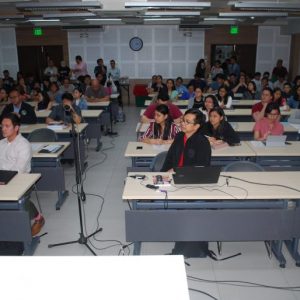
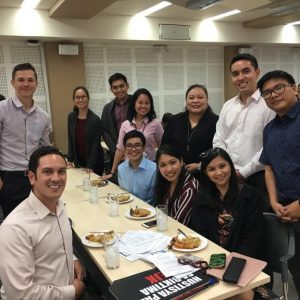
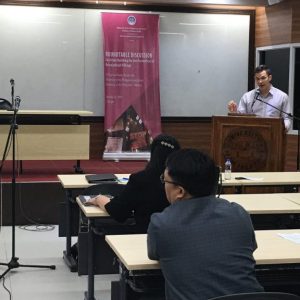
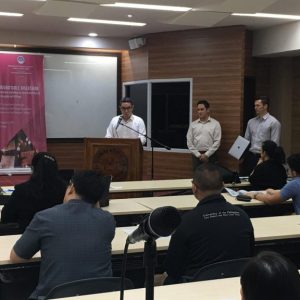
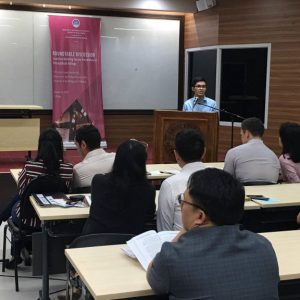
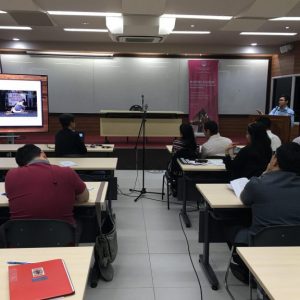






































































































 on the upper right corner to select a video.
on the upper right corner to select a video.